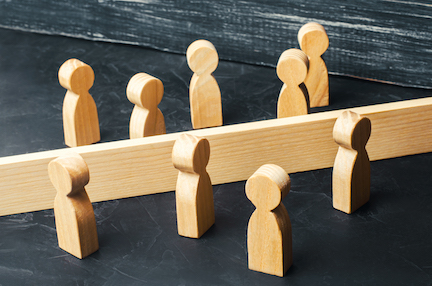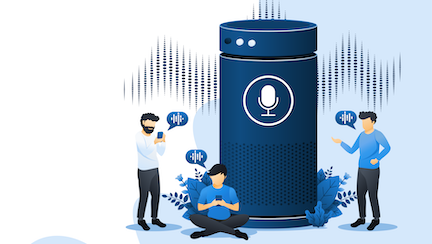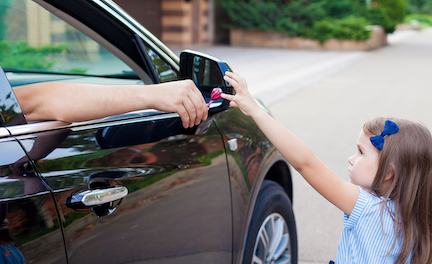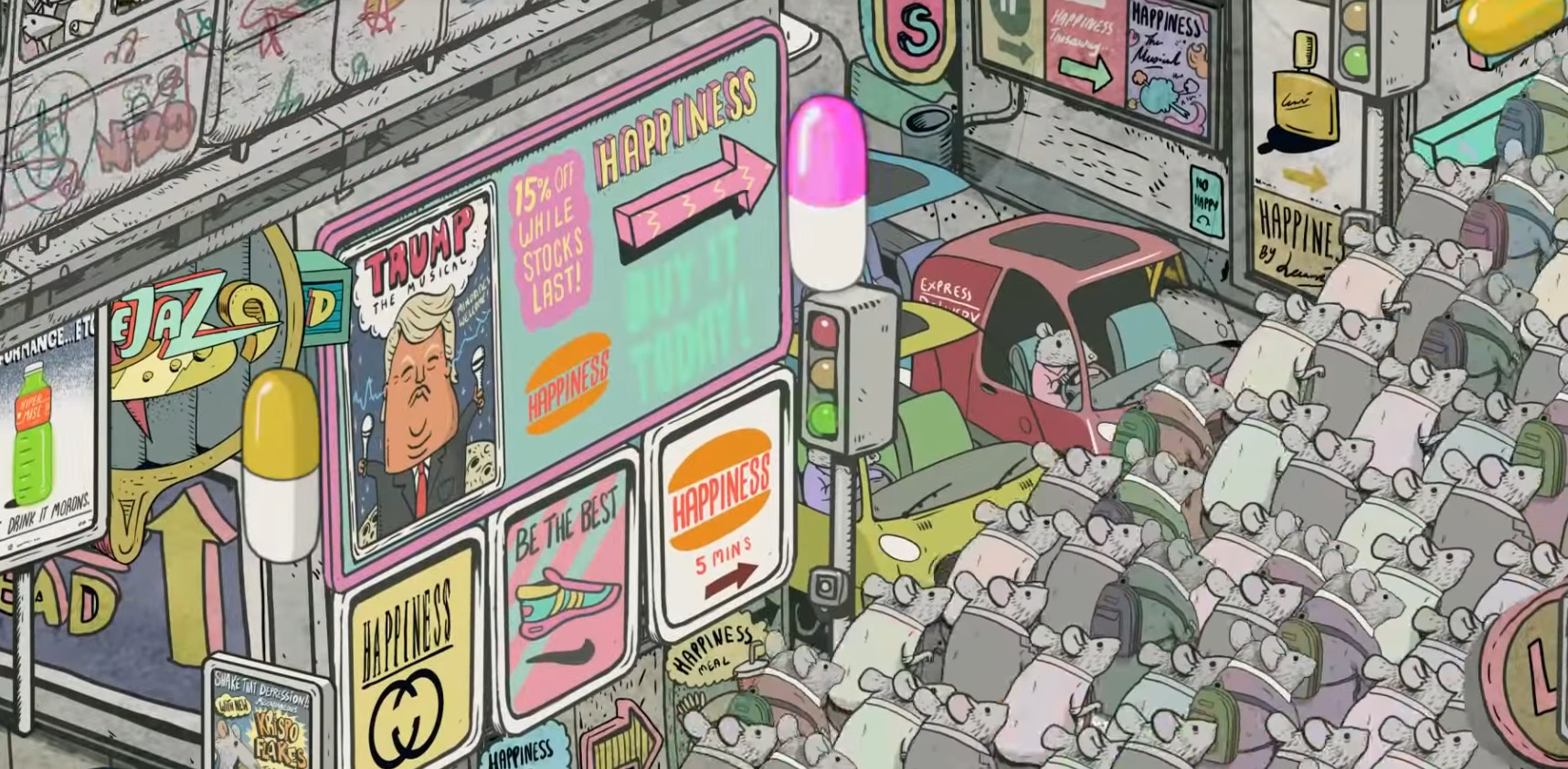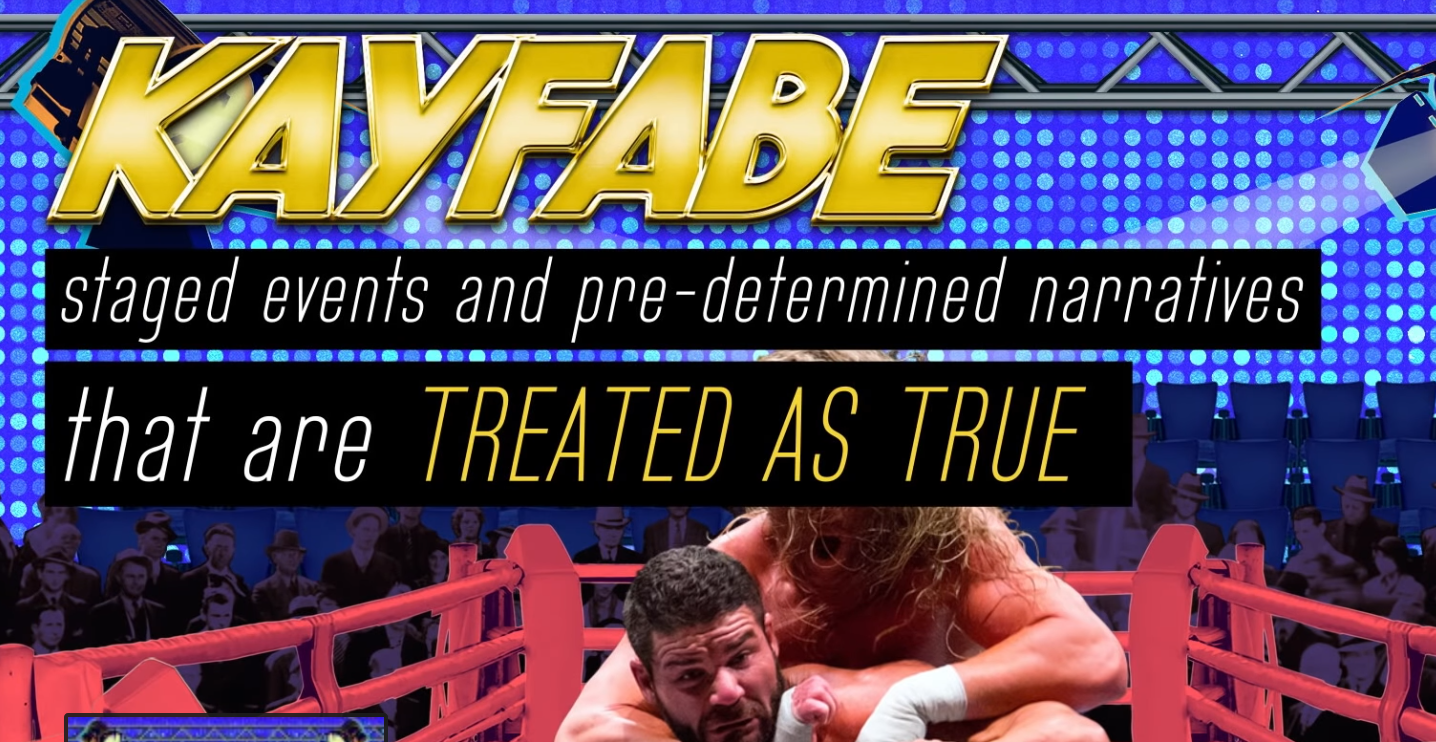
Our product and content have two masters. Who rules?
Products. But whose? From the books we buy online to voice-controlled lights to your car, products are less becoming the things we own. Even when we buy them.
The physical parts of the products we buy are becoming mere shells for the services, code, and licenses that make them work.
And all those things ARE NOT yours.
The rights to the content, software code, or patented actions of the products or devices stay with the manufacturer.
I have Siri on my phone, but I don’t own it. Same with Alexa in my Amazon Echo. It’s essentially a service that comes through two pounds of plastic I bought.
The hardware is yours but the soul of the products are still working for the company.
As an essential employee of a company, it’s only logical to think those product and services will be subservient to the company’s objectives and needs. That’s what employees do.
It reminds me of RoboCop (the 1980s version, not that crappy one from a few years ago). A company, OmniConsumer Products (OCP), builds a robotic law enforcement officer to police crime in Detroit.
When the robot finds out, an OCP executive, Vice President, Dick Jones, has committed a crime, he quickly finds out that his internal software will not allow him to take action.
The executive who purposely had this programming installed into the robot’s system and feeling untouchable, arrogantly says to the Robocop…
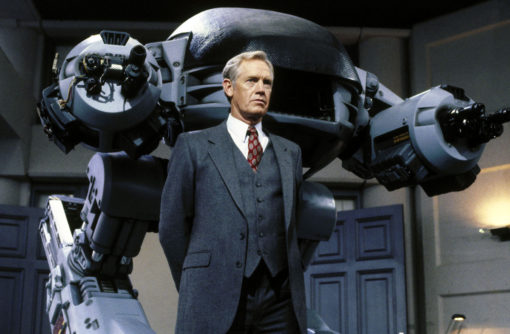
Did you think you were an ordinary cop? You’re our product. And we can’t very well have our products turning against us, can we?”
Amazon has removed books from users’ Kindles. In one case, a Kindle user has had her account wiped and all her paid-for books deleted, permanently and without notice. When asked, the company claimed that her account “was directly related” to another account that had violated user policies. It also pulled many users copy of George Orwell’s 1984 because of a rights dispute Amazon was having with a publisher.
In the latest version of the Apple MacBook, I can’t make modifications to the laptop’s hardware without Apple’s permission or taking the product to an Apple store to be serviced by a Mac Genius or it won’t work.
So what’s next?
What if, one day, Amazon decides that when I ask, “what shoes should I buy?” the loyal employee Alexa is told by Amazon not to mention a product I might like in lieu oF one Amazon executives has decided to promote?
Or like the case of Keurig, the machine was programmed not to accept coffee pods that were off brand?
It’s true all these services give us convenience, but what they may be quietly stealing from us is choices. Or at least leaving only the choices that the product’s masters choose.
Hey, I wrote a book about being mindful in the new age of content.
Does This News Make You Look Fat? A book about media consumption and how the way we consume it makes up intellectually obese. Preview or buy the ebook at Amazon.


